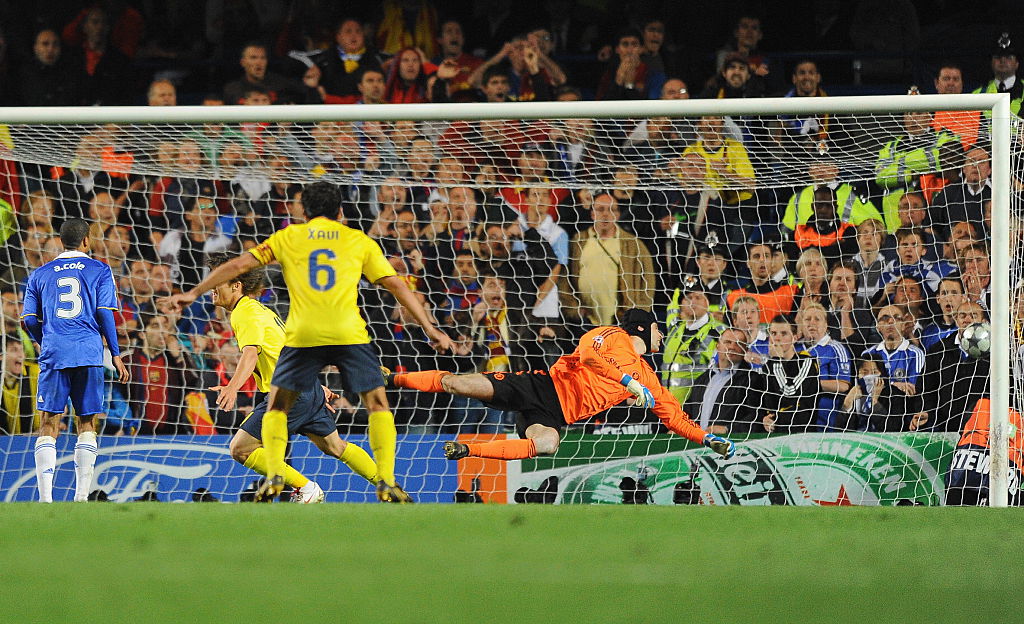10 superstars who suffered nightmares in lower-league dugouts
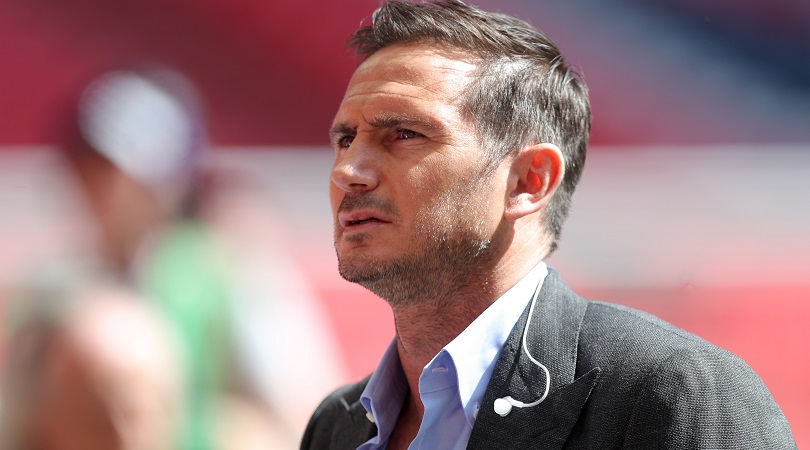
Lower-league superstars
Frank Lampard has been confirmed as Derby’s new manager, but there have been plenty of examples of high-profile players struggling to make the same impact in the coaching world. In this slideshow, we pick out 10 superstars who suffered nightmares in lower-league dugouts...
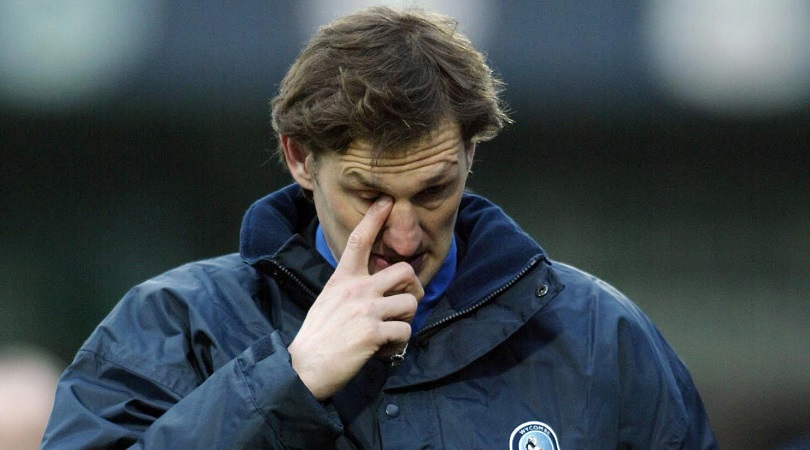
10. Tony Adams, Wycombe
“I’ve been enjoying my sports science degree at university, which I’m halfway through, but it feels right to be here now,” said Tony Adams at his Wycombe unveiling in November 2003. Club director Alan Parry clearly felt the same.
“We had the same feelings when Martin O’Neill walked in here,” he said. The current Republic of Ireland boss walked out of Adams Park a hero, having successfully navigated the club into the Football League. Adams took them in the opposite direction, overseeing relegation from League One before resigning a year after taking charge.
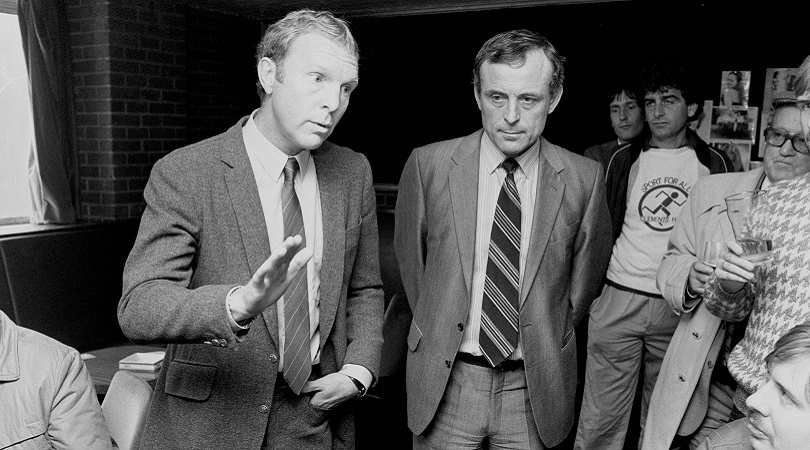
9. Bobby Moore, Southend
Moore's limited spell in coaching remains an irremovable stain on his career. And if the World Cup-winning captain thought a stint at Roots Hall in the mid-1980s would boost his chances of getting a job elsewhere, he was left sorely disappointed.
First appointed as manager in February 1984 – just months after being named the club’s chief executive – he steadied the ship but left his role just two years later with the Shrimpers anchored in Fourth Division obscurity.
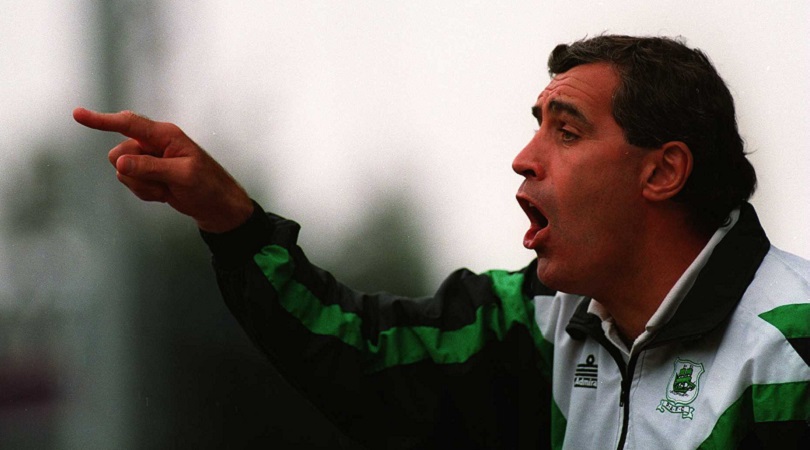
8. Peter Shilton, Plymouth
Shilton was still playing when he left Derby and headed south to join Plymouth as player-manager. “I see the job as a tremendous challenge,” he said in March 1992. He wasn’t wrong.
The Pilgrims were relegated from the Second Division just two months later, Shilton’s reign little short of disastrous. His rapport with chairman Dan McCauley was non-existent, while his players were bizarrely threatened with a fine if they offered an opinion of their own in interviews. He lasted at Argyle until 1995 but, unsurprisingly, never had another management job.
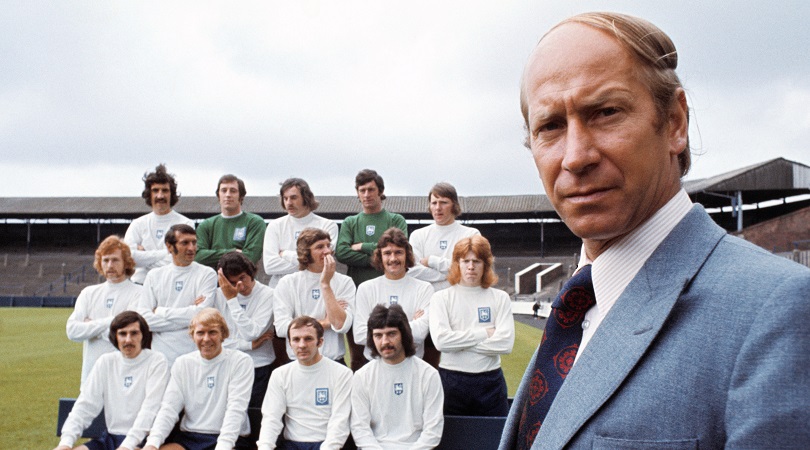
7. Bobby Charlton, Preston
“I have always admired Preston and I think the club has tremendous possibilities,” said Charlton in May 1973. But after the Lilywhites were relegated from the Second Division in his first season in charge, the England legend was on a hiding to nothing.
He even decided to don the boots again to demonstrate the art of goalscoring to his hapless side, scoring his 200th league goal against Walsall in September 1974 – a strike which proved a rare highlight in an otherwise unforgettable reign. Charlton later assumed the caretaker role at Wigan, but Preston remains his only full-time managerial posting.
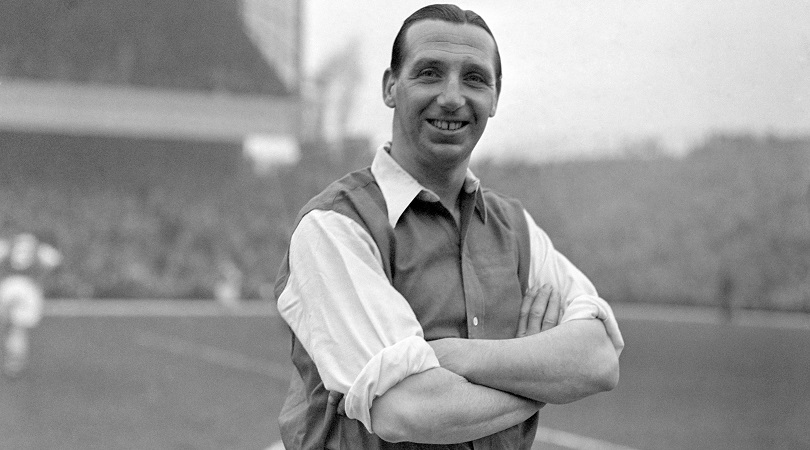
6. Tommy Lawton, Brentford
As a goalscorer, the princely Lawton towered above his peers. When it came to decision making? Not so much. Lawton’s decision to leave Chelsea for Third Division Notts County in 1947 remains one of the most baffling transfers in history, and his first foray into management caused equal amounts of head scratching.
A number of high-profile sides were rumoured to be queuing up to offer him a return to the top flight, but when he did move, in 1952, it wasn’t to Old Trafford or Highbury but to Brentford’s Griffin Park. He didn’t last long, taking exception to being booed and resigning soon after.
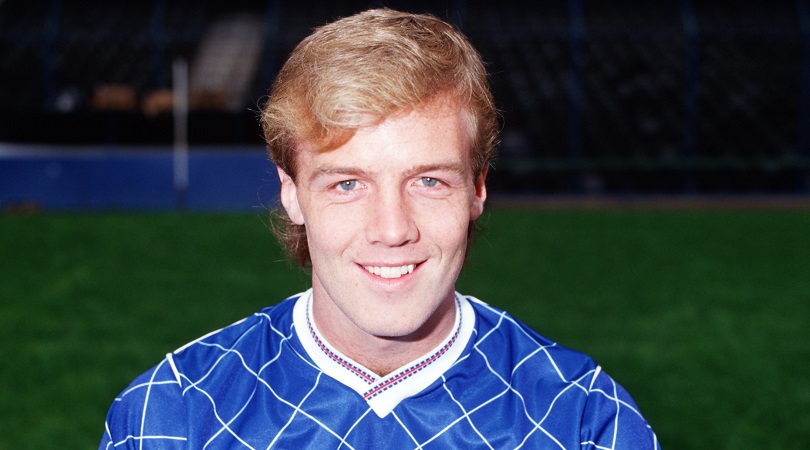
5. Kerry Dixon, Doncaster
Former boss Sammy Chung didn’t even know Dixon had been appointed until he opened the door to his former office and found the former Chelsea and England man sat behind his desk just 90 minutes before the opening game of the 1996-97 campaign.
Dixon remained in charge for a full season at the club’s then-home, Belle Vue, but left after three games of the following campaign. An 8-0 League Cup humping by Nottingham Forest proved to be the final straw.
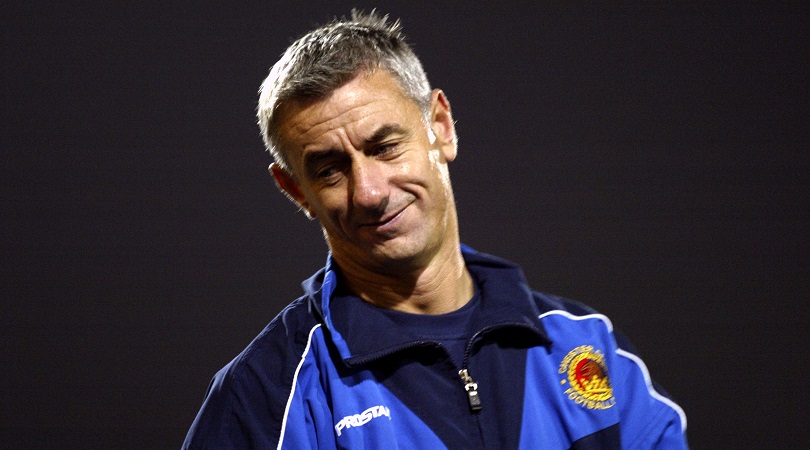
4. Ian Rush, Chester City
Former team-mate Mark Lawrenson expressed doubts about Rush’s ability to cut it in management before the ink was dry on his contract at Chester City – although the Welshman gave his ex-colleague, and presumably former friend, short shrift. “What he said was an insult not only to me, but to those running Chester who I know interviewed many outstanding candidates before they appointed me.”
As it was, Lawro’s punditry career comfortably outlasted Rush’s in management, although in mitigation Chester were already well on the road to disaster when he took over in August 2004.
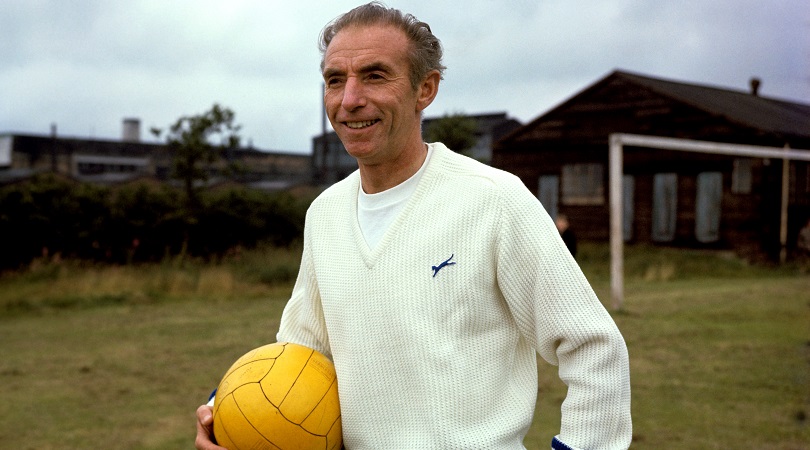
3. Stanley Matthews, Port Vale
As a flying winger, Matthews was indisputably brilliant. And when he called time on his extraordinary playing career at the age of 50 – think (roughly) Jurgen Klopp running out at Anfield in a figure-hugging shirt rather than a tracksuit – he decided, quite naturally, that a career in management beckoned.
As it was, his three-year stint at Port Vale was a complete shocker. The club was fined for financial irregularities and was turfed out of the league - all without Matthews ever claiming a penny in wages.
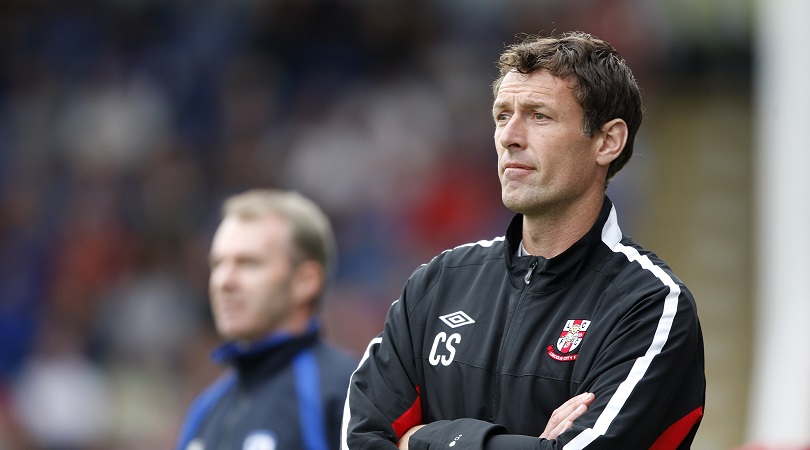
2. Chris Sutton, Lincoln City
Once English football’s most expensive player when he signed for Blackburn from Norwich for £5m, Sutton was also labelled one of English football's most difficult characters, making him perfect managerial material.
There’s no doubt his persona is more fiction than fact, but Sutton had little to smile about at Sincil Bank and resigned due to ‘personal reasons’ in September 2010, a year after taking the job. He’s since decided to focus his efforts on punditry with BT Sport.

1. Edgar Davids, Barnet
No one saw Barnet’s appointment of the former Netherlands international as player-manager coming, and even fewer thought he would hang around when the club were relegated to the Conference under his watch. After relegation he took the No.1 shirt, claiming he would "start a trend" by doing so.
Nevertheless, nobody could accuse Davids of taking an easy route into management. The midfielder played 36 league matches for the Bees and resigned in January 2014 with the club just three points adrift of the play-offs.

Greg Lea is a freelance football journalist who's filled in wherever FourFourTwo needs him since 2014. He became a Crystal Palace fan after watching a 1-0 loss to Port Vale in 1998, and once got on the scoresheet in a primary school game against Wilfried Zaha's Whitehorse Manor (an own goal in an 8-0 defeat).
